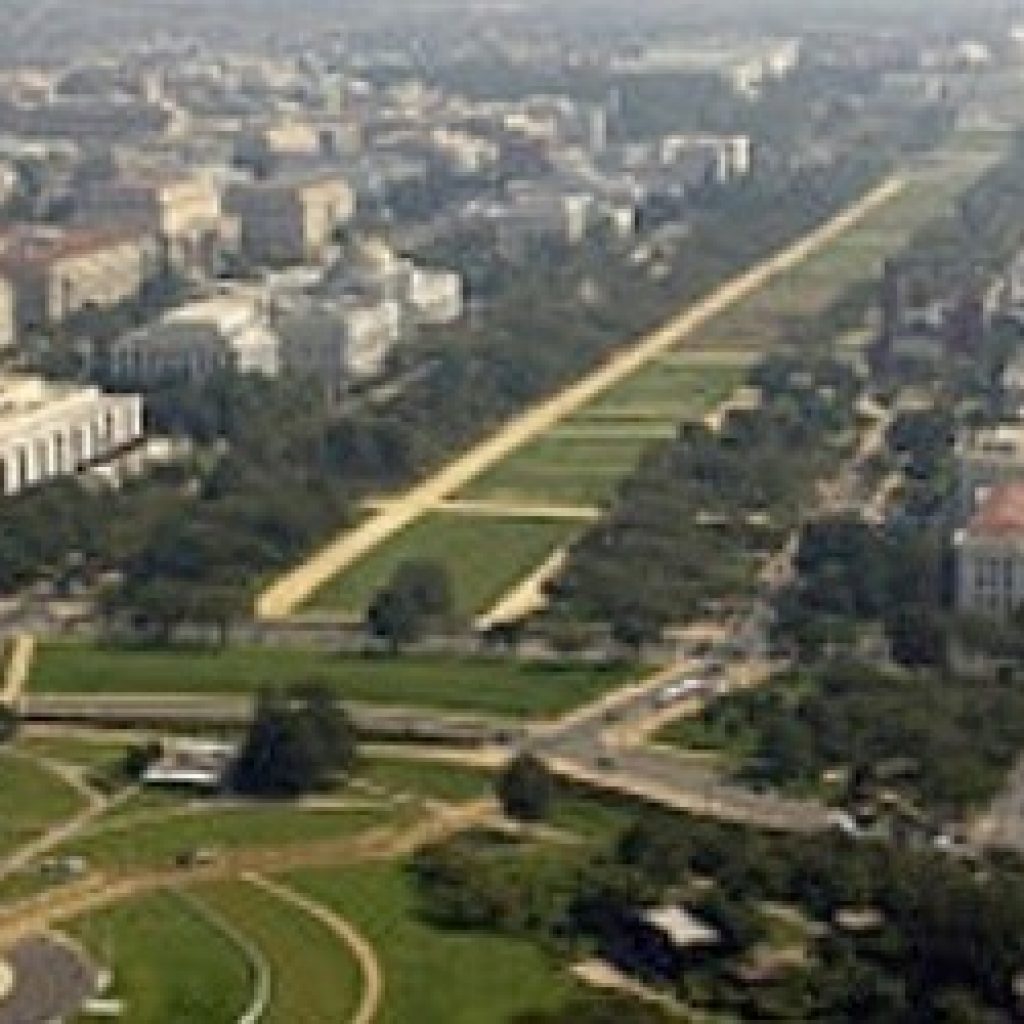(FedTechMagazine) Many IT decision-makers seem unsure about the basics of quantum technology, and it’s unclear how this new approach might be implemented in federal agencies.
Thyagarajan Nandagopal, acting deputy assistant director of the Computer and Information Science and Engineering directorate at the National Science Foundation, points to quantum’s special strength in building and breaking encryption algorithms. This could impact security across government, and it might have special implications for the military.
If quantum helps us see deeper into biological processes, the Agriculture Department could use it to tweak photosynthesis and perhaps grow food more efficiently.
It might just make daily government processes more efficient. “A data set that takes days or months to churn through could give us answers in just a couple of seconds,” Nandagopal says. “That means you can make a sound policy decision based on that data much more quickly.”
In the near term, government’s biggest role may be in helping to further the evolution of this emerging technology. Government labs and government-funded universities play an important role in fundamental research and the education of future quantum computing scientists and engineers.
How Federal Agencies May Implement Quantum Computing
